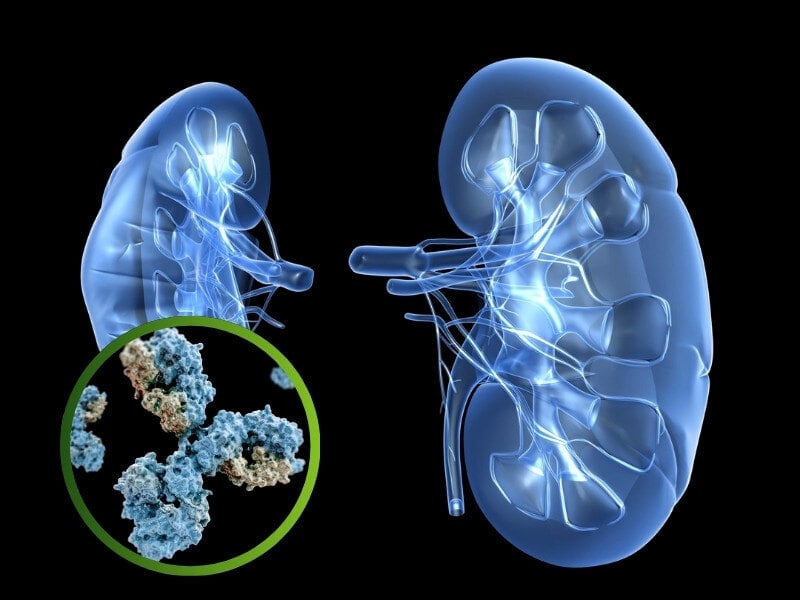Compugen: Exploring New Pathways and Combinations in Immunotherapy

Immune checkpoint inhibitors (ICIs) are a rapidly evolving field in cancer immunotherapy, which has revolutionised the treatment of various cancers.
Several cancer types have established immunotherapeutic treatments with ICIs targeting pathways like PD-1, PD-L1, and CTLA-4. These targets have transformed the potential to treat indications like melanoma, lung cancer, and certain types of solid tumours.
These immunotherapeutic agents are also accomplished as combination therapies, both with other forms of treatment like chemotherapy and other ICIs.
RELATED:
- Another Partnership from Takeda and F-Star Therapeutics to Look for Antibody-Based Therapies
- Monoclonal Antibodies: Guided Missiles in the Battle Against Cancer and More
- Novel Targets and Studies in Immunology and Autoimmunity: Antigen-Specific Immunotherapy and Therapeutic Chaperones
Now, developments in the field are now exploring other checkpoint inhibitors, including the prospect of targets beyond PD-1, PD-L1, and CTLA-4. These targets include LAG-3, TIM-3, TIGIT, and VISTA.
So, does this new wave of pathways open up the door to new immunotherapeutic agents? Compugen is one such company that is exploring new pathways with an innovative hypothesis. They are currently undertaking a study of a triple combination of pathway inhibitors: TIGIT, PVRIG, and PD-1.
The company, based in Israel, uses their computational drug discovery platform for the identification of novel immunotherapeutic targets and pathways.
COM701 and COM902 are two of Compugen’s current exploratory drug candidates, an anti-PVRIG and anti-TIGIT antibody respectively. As well as developing these antibody-based inhibitors, the company played a hand in discovering both of these targets using their computational platform.
The inhibition of these targets, TIGIT and PVRIG, is part of Compugen’s ‘triple pathway hypothesis’ whereby the cancer killing power of T and NK cells can be enhanced. Here, blocking TIGIT and PVRIG, allows for a third pathway, DNAM, to be activated which subsequently wakes up these immune cells.
The company is currently running two proof-of-concept combination trials studying COM701, COM902, and pembrolizumab. One trial will treat Metastatic Microsatellite Stable Colorectal Cancer, and the other for Platinum Resistant Ovarian Cancer.
In October 2023, Compugen announced that it was expanding its intellectual property with a Japanese patent for the triple combination of any anti-PVRIG, TIGIT and PD-1 antibody for the treatment of cancer, spelling hope for the company’s efforts.
As the field of immune checkpoint inhibitors continues to advance, the exploration of new pathways, such as TIGIT, PVRIG, and others, holds the promise of unleashing novel immunotherapeutic agents to further transform the landscape of cancer treatment.
With Compugen's innovative approach and the expansion of their intellectual property, the horizon of possibilities for cancer immunotherapy is becoming increasingly exciting and hopeful.
Catch more about antibodies and combination immunotherapies at our Immuno conference.







